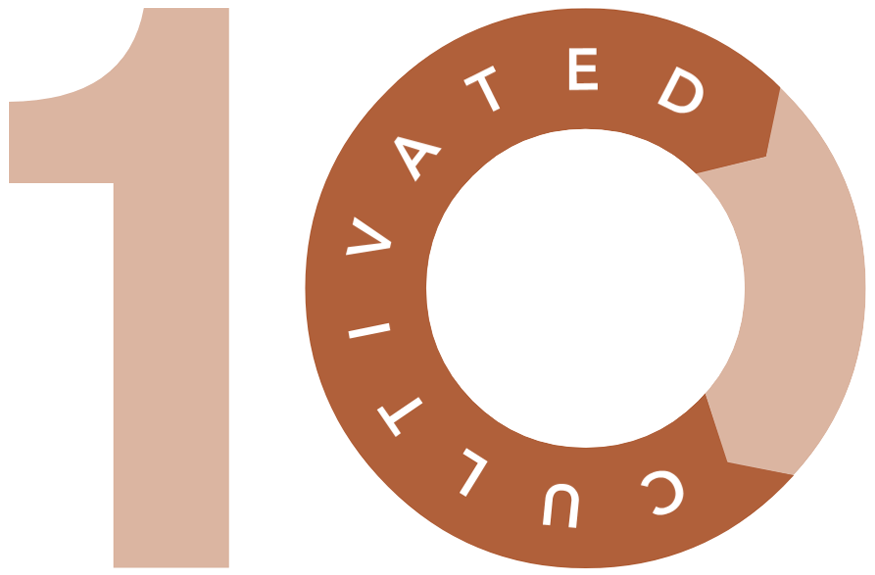This November, Cultivated was joined by the Design Institute of Australia and special guests from Melbourne's design community during a special tour of Geelong, Australia's only City of Design.

Models on display at Deakin University's schol of architecture.
This collaborative event was born out of a meeting between Cultivated and the DIA in which the latest advancements in materials and design were being discussed and how we could share this knowledge with the broader design community in Melbourne. More so, some of these latest advancements were only happening a short distance from Melbourne, in the City of Geelong.

Geelong waterfront as viewed from the historic wool stores buildings.
Geelong was designated a UNESCO city of design in 2017, however it was known for it's creative and design industries well before this. Starting with the worlds first commercial refrigerator in 1854, to chill beer of course, and continuing with early versions of the Hills Hoist, and even the Ford Ute, Geelong was a place of invention.
In modern times, its advance manufacturing capability and Deakin University's institute of Frontier Materials is leading the advancements in innovation and Geelong's commitment to developing more sustainable, resilient and inclusive communities, as per the UNESCO designation guidelines.
You can read more about Geelong UNESCO City of Design here.
Our journey began with a comprehensive tour of Deakin University's Institute of Frontier Materials. Deakin's labs are at the forefront when it comes to textile recycling and manufacturing, which includes research into carbon fibre materials for the renewable energy sector.
Deakin's Perpetual Pigments program has received particular interest, both locally and internationally, for its ability to reuse waste textiles and offer a circular approach to a product that was typically destined for landfill. Waste textiles are separated by colour and then the fibers, through a specialised grinding process, are broken down to the micro level. The micro textile particles can then be bonded with new textile products, bringing the colour with them.
Carbon Nexus is Deakin's research lab for Carbon Fiber. With manufacturing capability limited in Australia, this lab allows designers and manufacturers to design and prototype locally. To make the incredibly tough and lightweight material, it is first spun, then heated, woven and bonded with a resin. Whilst we know of Carbon Fiber's widespread use in the aerospace industry, its main benefit is providing a reliably strong and lightweight material for the renewable energy sector, on products such as wind turbine blades.

Architecture student's work on display at Deakin University's waterfront campus.
The day continued with a tour of Deakin University's city campus. Located in Geelong's waterfront wool stores, the precinct was once a vibrant shipping and manufacturing hub. In recent years Geelong's heritage buildings have found a new purpose being filled with museums, hospitality and retail venues for people to visit and experience, along with the universities' activation of the wool stores.
Concluding the day was a guided tour of GH Commercials carpet manufacturing facility. Taking over what was once a Ford car manufacturing plant, the state of the art space is one of the largest factories of its kind in the world. Colored yarn is spun to create the many designs available, however GH Commercial also use a technique that allows them to print directly into the carpet pile, bringing to life any design you can imagine.
The sharing and exchange of ideas has always been at the center of Cultivated's belief that if we want to enact positive change, we need to learn and be involved together. The Geelong City of Design Tour proved this and all guests walked away with new knowledge of the great design and research taking place here in Australia and what the future holds for sustainable materials.






